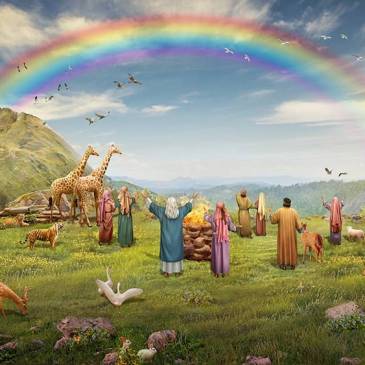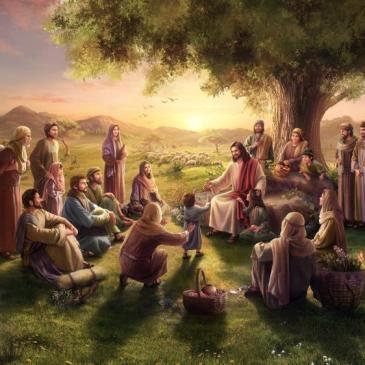Why does God have different names in different ages? What are the meanings behind God’s names?
You should know that God originally had no name. He only took on one, or two, or many names because He had work to do and had to manage mankind. Whatever name He is called by—did He not freely choose it Himself? Would He need you—one of His creatures—to decide it? The name by which God is called is a name that accords with what man is capable of apprehending, with the language of mankind, but this name is not something that man can encompass. … More Why does God have different names in different ages? What are the meanings behind God’s names?

